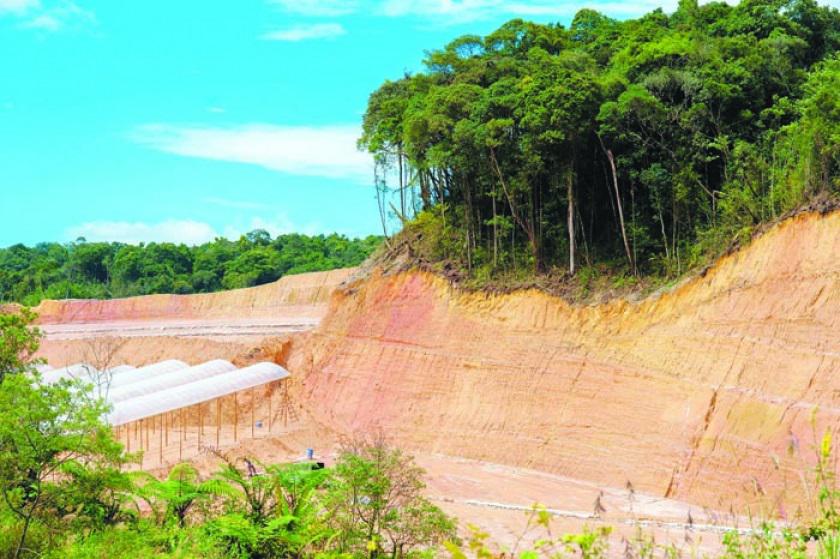Nguyen Quang Huy
Other projects
14 Jul 2010
Building an Insect Specimen Collection for Educational Conservation Activity for High School Students in Hanoi, Vietnam
The project aims to increase awareness among high school students in Hanoi of the importance of plants through a combination of lectures and fieldwork.

Plants are primary producers providing nourishment to millions of animals as well as providing a wide range of habitats from leaf litter to the forest canopy; they play an essential role in natural ecosystems and human life. Conserving plant diversity and maintaining high plant density in agriculture and forestry is central for stabilizing global climate, soil systems and in conserving water resources (World Bank, 2008).
Vietnam is a rapidly developing country and a world biodiversity hotpot but current socio-economic growth is leading to degradation of natural habitats and biodiversity loss. There is an urgent need to conserve Vietnam’s natural ecosystems for current and future generations, both as an objective in its own right and as a strategy for sustainable existence. This is a critical message for Vietnam’s youth. Many young people in Vietnam are concerned about biodiversity issues but our education system has failed to convey how the needs of nature and our own are inter-dependent. I want to change this. Conveying a sense of wonder and pride in our biota is one-step. Acquainting students with firsthand knowledge of their biota in the field and demonstrating that they can discover and understand it is my objective in this project.
Through a combination of lectures and fieldwork, the project aims to increase awareness among high school students in Hanoi of the importance of plants. Students will initially participate in a botanical field survey in Tam Dao National Park (TDNP). Identified and documented, the botanical survey collections will provide educational material for a guidebook and for presentations. In subsequent visits to TDNP, students will be equipped to make their own identifications. The guidebook, reference collections and other educational material will provide permanent resources for ongoing education and conservation practice.